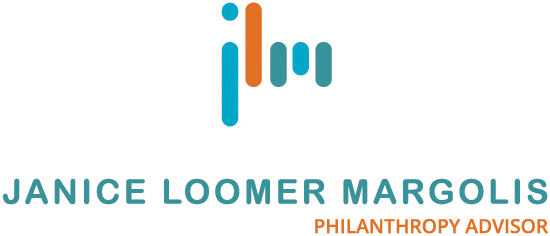Often individuals consider making charitable gifts near year end, when they think about using the tax receipt for the gifts to offset taxes they will have to pay that year.
Year end is not the only event that sparks gifts. A good advisor will have his or her ears finely tuned to listening for events and transactions that clients will be experiencing where they will be subject to tax liability. And, as part of the planning for the transaction, a trusted advisor should raise the opportunity to make a charitable gift in order to offset all or part of the taxes payable. It is important that advisors raise the opportunity for philanthropy at the beginning of the process so that if the client is interested, a donation can be considered within all the circumstances of the transaction and not rushed as an add-on late in the process. Even if the advisor is not a primary tax advisor, he or she can suggest that philanthropy be considered.
So what are the events that a trusted advisor should be looking out for?
A common ‘sparking’ event which creates tax liability is the sale of a business or the sale of real estate. In these situations it is key for the advisor to identify where the tax liability will be realized, the various tax rates and year-end dates of different entities related to the client, and the types of assets which may be donated, so that the deal will match and maximize the donation tax credits or deductions against the tax liability. A related type of event is the sale or merger of a public company where the company founders and other insiders may have to sell some of their stock as part of the transaction and may realize significant tax liability. Here too, advisors may help their clients to plan for ways to reduce taxes – and philanthropy may be a very good option.
What about a client whom an advisor learns has decided to change investment managers or otherwise change up his or her portfolios? Changes to a client’s portfolio may result in tax liability for capital gains and with proper planning a client may donate publicly-listed securities to charity before the portfolio change to take advantage of the capital gains exemption for gifts of publicly-listed securities and use cash to reinvest in new shares.
The 'sparking' event which each of us will experience at some point, is death. The Canadian tax system (which does not have estate tax) provides that a person is deemed to have disposed of all of his or her assets (subject to some exceptions) immediately preceding his or her demise, thus triggering capital gains tax for assets which have appreciated in value. Again, comprehensive planning, including gift planning, by advisors may significantly reduce the taxes payable by a client’s estate in the year of death, the year before death and three to five years after death.
With keen attention to clients’ circumstances and interests and solid understanding of tax liability situations and tax saving techniques, trusted advisors may use these events to help spark significant and rewarding gifts by their clients. This holistic approach to client service is what will distinguish the advisor, in the minds of clients, as someone who goes the extra mile to address all aspects of their business and personal life.
Sometimes clients may know that charitable giving makes sense from a tax perspective but are unsure of how they want to make a difference. As a philanthropy advisor I work with individuals and families to develop and implement a plan to make their giving meaningful, satisfying and effective.
For more information on how I work with clients to assist them to give with heart and for impact please visit the approach and services pages on my website.

